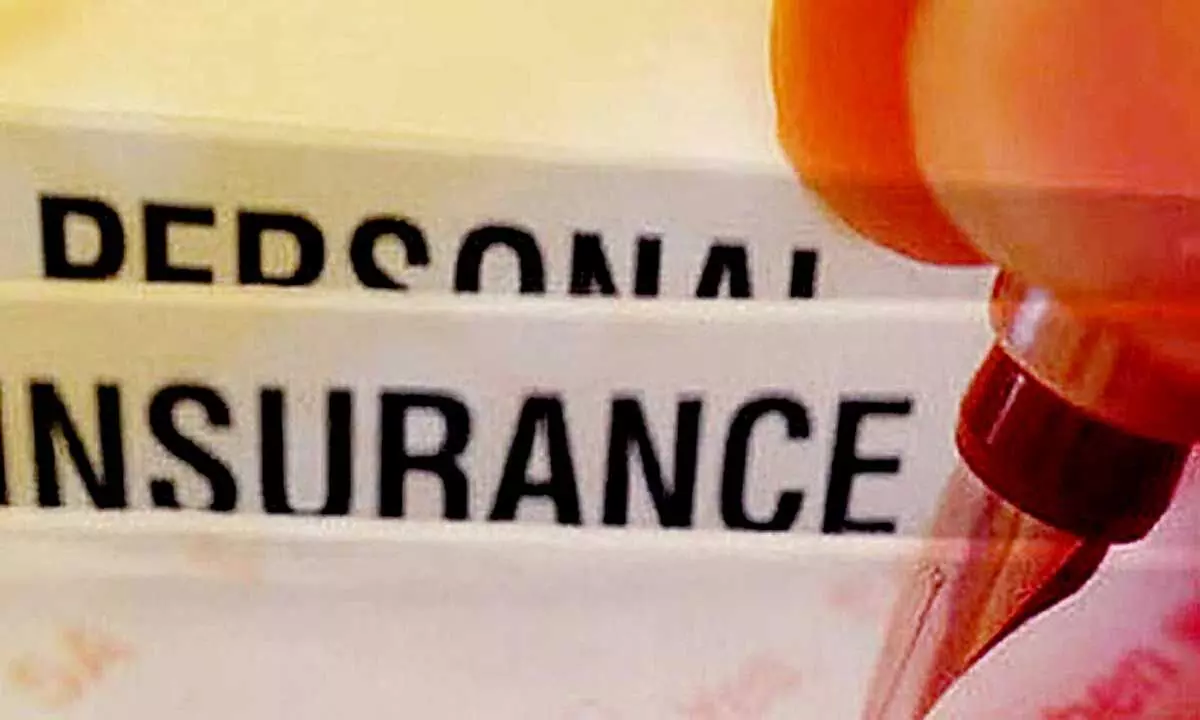1.5 solvency ratio exception for state-run insurers
Centre directs CPSEs, departments not to include public-sector general insurance cos (PSGICs) for 1.5 solvency ratio requirement eligibility for participating in govt tenders
image for illustrative purpose

Tender Eligibility
- Only New India Assurance reported a solvency ratio of over 1.5
- NIC, OIC and UII ineligible to participate in the tender process
- However, PSGICs have vast experience and risk management skills
- PSGICs' participation will enhance competition without compromising on quality
- Solvency is calculated on book value basis
Mumbai: Even as the central government stands committed to provide more capital to three public-sector general insurers (PSGI) - National Insurance Company (NIC), Oriental Insurance Company (OIC) and United India Insurance (UII)- as may be required, it has asked Central Public-Sector Enterprises (CPSEs) and government departments not to include the requirement of minimum solvency ratio of 1.5 as one of the eligibility criteria for these insurers' for their participations in government tenders.
The Government has recently infused capital in these three general insurers and stands committed to provide more capital, as may be required, said an 'office memorandum' signed by Mandakini Balodhi, Director (Insurance), MoF.
On condition of anonymity, a senior official of a state-run general insurance company said that in their accounting procedure, insurers don't consider fair value of investment into solvency. Rather, solvency is calculated on the basis of book value of the insurer. For example, if an insurer is having equity book of Rs8,000 crore and market value at Rs14,000 crore, then in that case solvency will be calculated merely on the basis of equity.
Even in case of PSUs like HPCL, PSU insurers are competing with their peers in the private sector. Moreover, PSU insurers are backed with 100 per cent sovereign guarantee. All these state-run insurers have issued subordinated debts and all of that have high ratings.
Further, according to the ministry, the stipulation on high solvency ratio makes three of the four public-sector general insurance companies (PSGICs) namely, NIC, OIC and UII, ineligible to participate in the tender process in-spite of their vast experience and risk management skills. Only New India Assurance has reported a solvency ratio of more than 1.5.
Talking to Bizz Buzz, SL Tripathy, CMD, United India Insurance, said: "This is a step in the right direction by the DFS to include the state-run non-life insurers with comparatively low solvency margin, but having large size to bid for those tenders so that there was no ambiguity relating to solvency margin."
While it is agreed that solvency margin is a good measure to assess the financial health and stability and the ability of insurers to meet the liability, it is important to note that the insurance sector is duly regulated by Insurance Regulatory and Development Authority of India (IRDAI), said the ministry's note.
IRDAI has also allowed forbearance (from maintaining required solvency ratio) to these companies considering all aspects and allowed them to continue underwriting business as usual.
It is pertinent to note that the reinsured liability is not factored into calculation of solvency ratio, specified by IRDAI, as a result of which the solvency ratio of 1.5 is very high from a risk perspective, the ministry said.
Further, public sector general insurance companies have not defaulted ever on their liabilities, it said. It is requested not to include solvency ratio as a criterion for participation of public-sector general insurance companies in general insurance tenders. This would enhance competition in the bidding process without compromising on the quality of services. It is also requested to bring this to the attention of all the procuring entities and organisations under the administrative jurisdiction of your ministry or department, the ministry said.

